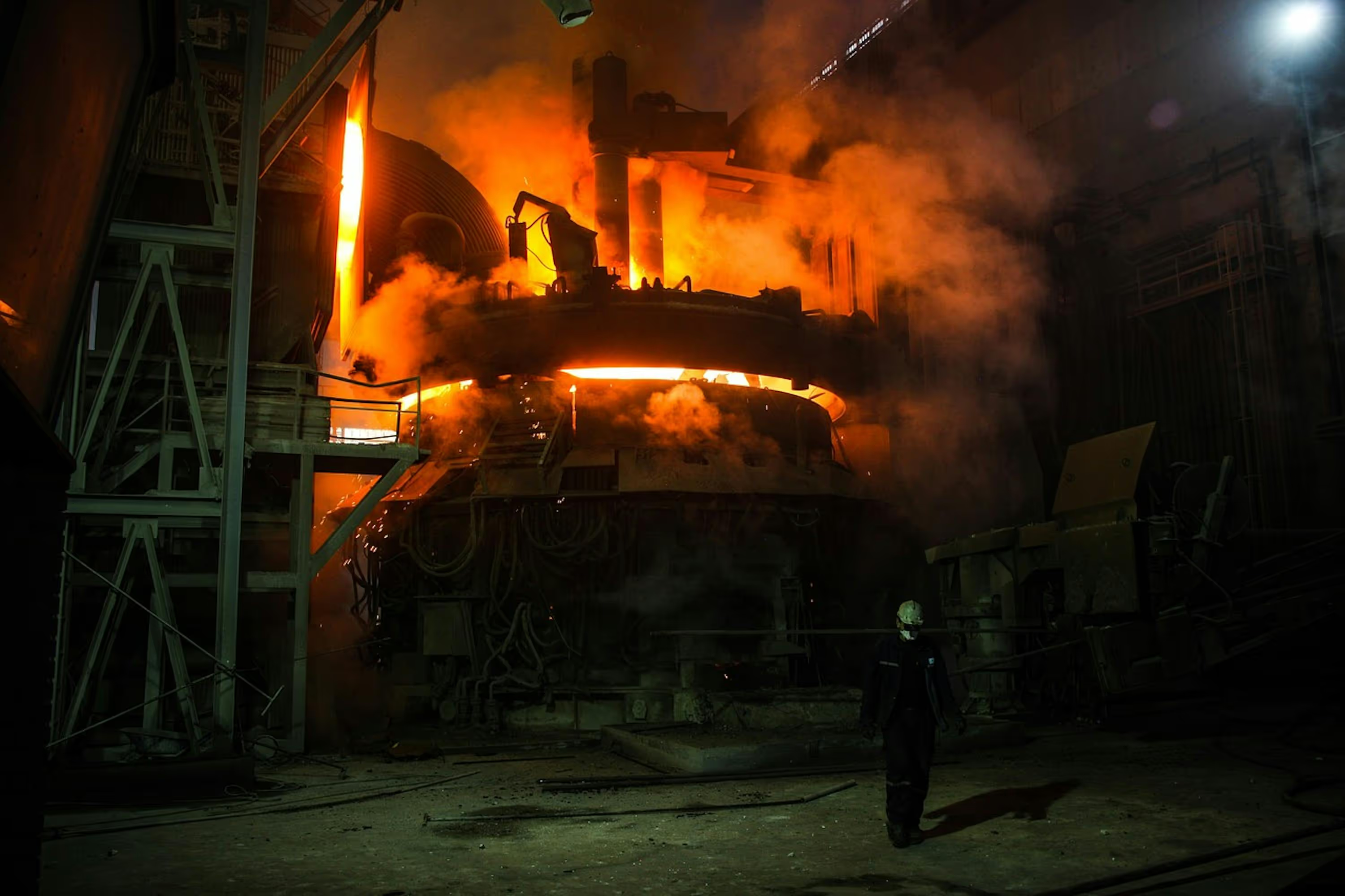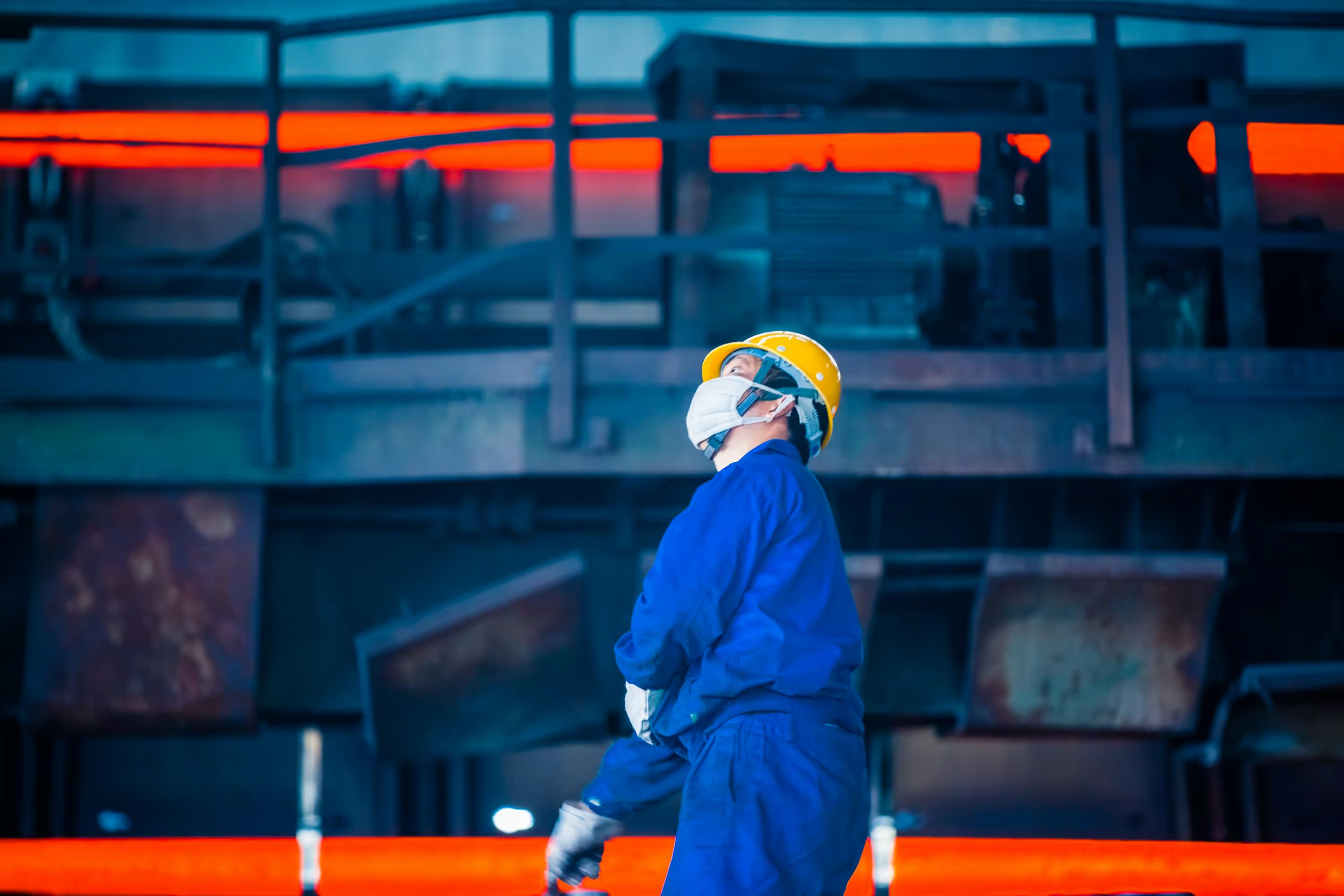
English (Global)
Article
Extend the Lifespan of your Industrial Thermal Insulation
Keeping your industrial thermal insulation in good condition is vital to continue benefiting from associated energy efficiency and optimized productivity. In this article, pick up some practical advice to extend the lifespan of your insulation systems.
By Christian Tavira
Manager of Application Engineering & Technical Support - NUTEC
Employing industrial thermal insulation is essential to keep your equipment and machinery operating at its best. However, several mechanical or environmental factors can influence its deterioration or insulation capacity. This could cause problems in terms of energy efficiency and production performance.
Here, we will address in greater detail some recommendations to extend the lifespan of your thermal insulation and ensure its correct operation in the long term.
Identify negative factors before installation
An important measure to extend the lifespan of any thermal insulation solution is first to identify the factors that may contribute to its degradation, even before its installation. Some of these are:
- Improper handling. It must be verified if the thermal insulation has been subjected to impacts, falls, or crushing during transport or handling. This could affect its structure or shape, reducing its insulation efficiency during installation.
- Incorrect storage. If the material is not stored correctly, it may suffer damage that affects its thermal insulation capacity and, consequently, its effectiveness in the industrial process. It is necessary to store it without exposure to moisture or rain. Also, it is essential to ensure that it has not been deformed and does not come into contact with any object that could tear or damage it.
- Poor installation. As in any product installation, verifying that the thermal insulation has been correctly installed is crucial, with no gaps that could allow heat to leak. Likewise, it is necessary to ensure that all joints and connections are properly sealed.
To help minimize the risks when choosing and installing an insulation solution, read our article "Key Factors Influencing the Choice of High Temperature Insulation Products."
Consider the variables that may cause damage during any industrial process
Once damage to the thermal insulation has been prevented before its installation, it is essential to consider other conditions that may affect its lifespan beyond that point. These are some of the most common:
- Environmental conditions. Environmental conditions such as humidity and corrosion can affect the efficiency of thermal insulation and accelerate its deterioration.
- Incorrect insulation application. Thermal insulation materials are designed to withstand high temperatures, but their properties can be affected by exposure to extreme temperatures. Overexposure to high temperatures can cause thermal shock, cracking, or rupturing in thermal insulation materials.
- Exposure to chemicals or reducing atmospheres. Material may be exposed to chemicals during installation or operation. Some of them can corrode or degrade the material, reducing its effectiveness.
- Mechanical stress. Thermal insulation materials may be subject to mechanical stress during installation, such as bending or twisting. Mechanical stress can, too, cause cracking or breaking.
It is imperative to use high-quality materials and proper installation methods to ensure long-term performance and to prevent heat leakage.

Learn more about heat leaks, their causes, and how to fix them in our article "Insulation Systems for Heat Leaks in Industrial Processes."
Carry out scheduled inspections
Regular inspections and maintenance to detect contributing factors of wear and tear are of the utmost importance in extending the lifespan of thermal insulation materials.
These are some measures we recommend taking:
- Visual inspections. Regular visual assessments can help identify any damage or wear to the thermal insulation from cracks, gaps, or signs of erosion. These inspections should be performed periodically; for example, monthly or quarterly, depending on operating conditions.
- Thickness measurements. Measuring the thickness of ceramic fiber insulation can help ensure that it still provides the required level of insulation. This can be done using various tools, such as calipers or ultrasonic thickness gauges.
- Thermal images. Using thermal imaging technology can help identify hot spots or areas of thermal loss in thermal insulation. This points to areas that may require repair or replacement.

By conducting these regular checks and maintenance tasks, it is possible to extend the lifespan of the thermal insulation solution and ensure that it continues to perform optimally.
Carry out maintenance services
As stated before, proper insulation maintenance is an essential task. This makes it possible to detect and locate system failures, deficiencies, or deterioration concerning thermal losses and the degradation of the insulation covering or sealing materials.
Two types of maintenance can be performed:
Preventive Maintenance
Regular preventive maintenance can help extend the life of thermal insulation products, as any issues can be identified and addressed before they cause significant wear or damage.
Keeping control of expenditure is another good reason for preventive maintenance since addressing problems early on can help avoid even more expensive repairs or replacements in the future.
In general, preventative maintenance is a cost-effective approach to managing thermal insulation products, as it helps ensure they work effectively and efficiently over the long term.
Corrective maintenance
This refers to repairing or replacing thermal insulation products after they have failed or degraded. While preventive maintenance is generally preferred over corrective maintenance, the latter may offer some advantages.
You can guarantee peak performance by repairing or replacing any damaged insulation product, bringing back the optimum energy efficiency and cost savings that follow. However, it is equally important to note that corrective maintenance can help prevent failures responsible for significant damage or safety risks.
In general, corrective maintenance can, too, provide significant safety, performance, and budgetary benefits.

Maintaining thermal insulation will allow you to guarantee its performance and effectiveness. Learn more in our article "Heat Insulation Materials for Energy Efficiency and Cost Reduction".
The importance of extending the lifespan of your thermal insulation systems with regard to operational continuity
Thermal insulation is essential in most industries that handle high temperatures, whether in production processes or energy distribution. Therefore, keeping materials in optimal condition can provide numerous advantages for companies.
These include prolonging the useful life of equipment and machinery and reducing maintenance and repair costs.
Is there anything we can help you with?
At NUTEC, we have a great team of engineers, sales managers, and experts in various industries and market sectors concerning thermal insulation solutions.
Our commitment is to provide customers with the best advice to choose the right type of insulation for their needs, deliver valuable information on proper installation, perform wear inspections, and facilitate good maintenance practices.
Would you like to receive an advisory call from our specialists? Contact us today.
Want to know more?
At NUTEC, we are committed to providing you with valuable content that helps you make informed decisions for your business. Thank you for taking the time to read this entry and we hope it provided you with insights that you can apply to your operations.
If you have any questions or would like to learn more about our products, please don’t hesitate to contact us.
To get in touch, simply fill out the form, and one of our experts will get back to you as soon as possible.
© NUTEC Incorporated 2025

